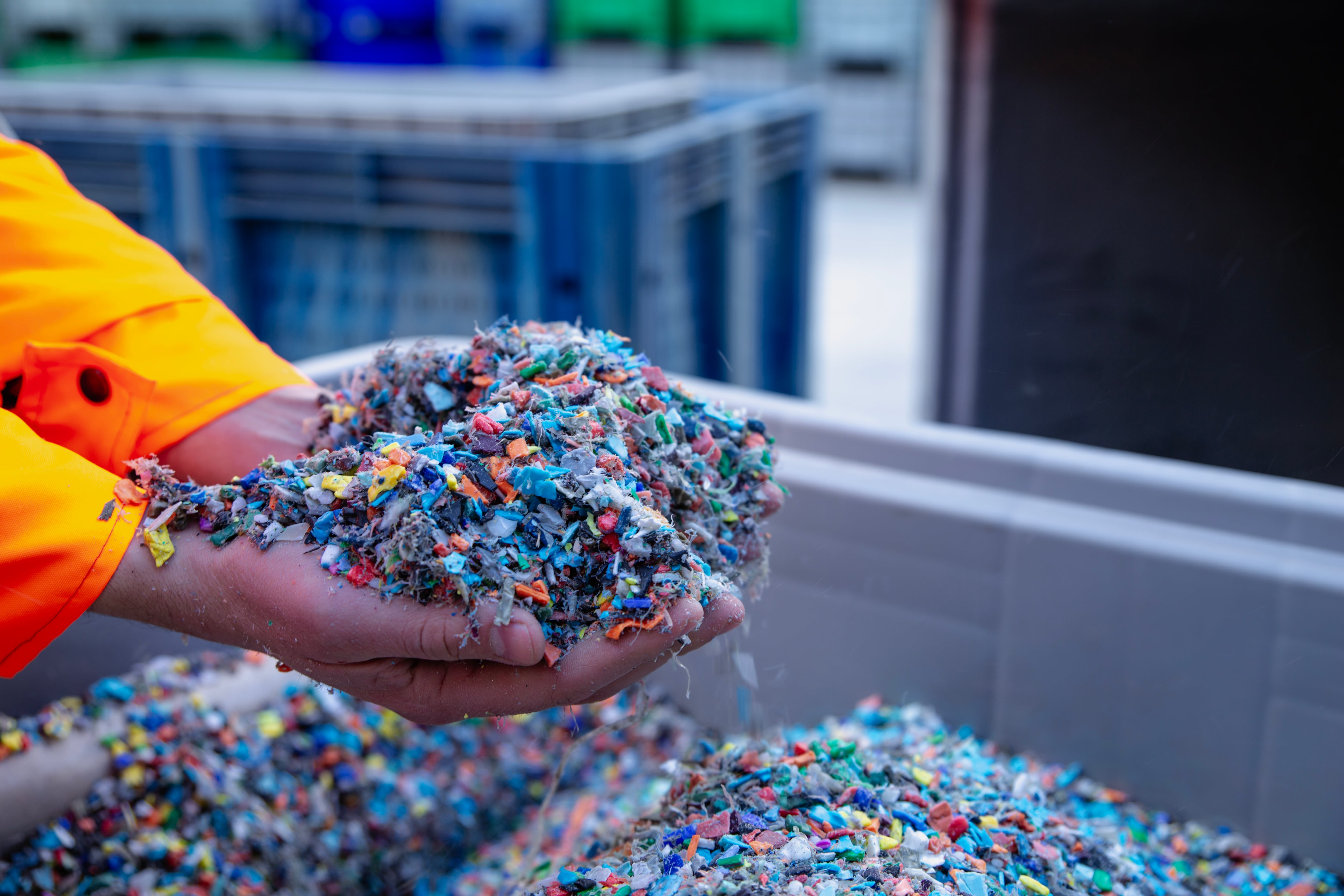With the new year comes new growth projections and regulatory updates, shifting confectioners’ preparations and priorities for the year ahead. With new legal updates around deforestation compliance, human rights protections and plastic waste requirements taking shape this year, confectionery manufacturers are looking for the latest insights ahead of the legal changes.
Here, we explore some of the main regulatory updates and conversations happening in 2025.
1. The European Union Deforestation Regulation (EUDR) deadline date approaches
Since the European Council first adopted the European Union Deforestation Regulation (EUDR) on June 29 2023, there have been several years of uncertainty and delays. Now, however, confectioners are gearing up for its reconfirmed arrival. The EUDR will come into force in December 2025, following a 12-month delay.
The EC agreed, in October 2024, to push out the implementation timeline to give companies like confectioners, who use cocoa and palm oil in their products – two of the seven commodities covered under the EUDR – more time to prepare for the introduction of the new law while retaining its deforestation-free objective.
According to Euromonitor’s latest ethical label data, confectionery products account for 1% of the total packaged food that carries the sustainable palm oil label.
Confectionery producers and brands are closely monitoring the EC’s updates. They are working towards the regulation’s arrival, making changes to their operations to comply with the EUDR and ensuring their products and goods do not originate from deforested areas or those that contribute to forest degradation.
The EUDR will prohibit placing these relevant products on the market or exporting them to the EU unless they are deforestation-free, made under the relevant producing country’s legislation and covered by a due diligence statement specifying no more than a negligible risk of non-compliance.
Ahead of the EUDR coming into force, confectioners can prepare by focusing on supply chain transparency and traceability. Once in effect, the primary responsibility lies with the company placing the commodity on the market. Confectionery companies will need to upload a due diligence statement, which involves collecting detailed information, conducting risk assessments and mitigating statements through independent surveys and audits.
Individual countries are implementing new tools to support their deforestation-free efforts. As the cocoa supply chain involves multiple players and numerous stages, cocoa creators are working to track cocoa from the farm to the factory and utilising effective but easy-to-implement traceability systems.
Ghana and Côte d’Ivoire, the two largest cocoa producers, account for approximately 60% of the global supply. The two African nations have created national traceability systems, including farmer identification methods and plot polygons that seek digitalisation to strengthen quality control, extension services and compliance checks.
Malaysia and Indonesia are collectively responsible for 85% of global palm oil production. These leading production countries have introduced traceability tools. Indonesia has devised its Indonesian National Dashboard Initiative and Malaysia has developed its Sawit Intelligent Management System (SIMS), GeoPalm Portal and MSPO Trace systems. The two Asian countries have also launched their national certification schemes: Malaysian Sustainable Palm Oil (MSPO) and Indonesian Sustainable Palm Oil (ISPO).
The regulation’s implementation system is part of the EUDR extension announcement, which the European Commission launched in December 2024. Described as an “important step in preparation for the application of law,” the system is a registry tool that consolidates due diligence statements within confectionery supply chains.
2. Corporate Sustainability Due Diligence Directive and the Forced Labor Regulation
On January 22, 2025, the European Parliament officially passed the Corporate Sustainability Due Diligence (CSDDD) Directive and the Forced Labor Regulation (FLR). The latest legal green lights come following the European Council’s prior approval in March 2024.
Following several changes to the proposed legislation, the EU changed tack last year, putting its support behind the CSDD, which strives to protect food companies’ supply chains, including confectioners, from human rights and environmental abuses. Both pieces of legislation aim to end human rights violations in global supply chains. In addition, the CSDD also requires EU companies to show evidence to confirm they are undertaking actions to protect the environment.
Chocolate giant and creator of Tony’s Open Chain, Tony’s Chocolonely advocates for strong legislation over the Harkin-Engel Protocol’s voluntary agreement to spur sufficient structural change. “Even though both the CSDDD + FLR have been severely watered down, we’re still (very) happy that both laws have been adopted and that big corporations – including Big Choco! – will finally be held accountable for any human rights + environmental violations,” Tony stated in a blog titled “EU stands up for human rights”.
3. Solving the plastic pollution problem with the Global Plastics Treaty
As the global confectionery industry works towards responding to calls for more circular economies, plastic taxes, extended producer responsibility plans and waste management efforts are gathering pace. With such a strong focus on eradicating pollution, could 2025 be the year the Global Plastics Treaty comes into effect?
The EU made its feelings clear in December 2024 when it shared its regrets over the UN’s Member States’ failure to reach an agreement regarding the Global Plastics Treaty, which it hoped would come into force in 2024 after two years of negotiations. Concluding the Global Plastics Treaty and cementing a global instrument to tackle plastic pollution failed to materialise despite the European Commission participating in final negotiations In South Korea between November 25 and December 1, 2024.
In March 2022, the United Nations (UN) announced how the intergovernmental organisation’s Member States had supported what it called “an historic resolution” at the UN Environment Assembly to end plastic pollution and create an international legally binding agreement by 2024, dubbed the Global Plastic Treaty. However, to date, the agreement remains incomplete. When it does become effective, the Global Plastic Treaty will cover the entire lifecycle of plastic, from its initial design process to production, waste handling and disposal.




